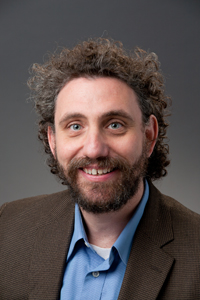The Full-Scale Epidemic Was Avoidable

by Michael Beevers, assistant professor of environmental studies
Future disease outbreaks are inevitable. Environmental change is removing natural barriers that once separated humans from zoonotic pathogens, and increased travel, urbanization and commerce decrease the likelihood that diseases can be contained. However, outbreaks like Ebola need not turn into full-scale epidemics.
We have learned that the world’s poorest countries are most at risk. Sierra Leone and Liberia, the two hardest hit by Ebola, sit near the bottom of the U.N.’s Human Development Index and have comparatively little to invest in public health. Controlling the virus and tending to the sick are virtually impossible where one doctor serves every 100,000 people, health providers have no equipment or electricity, and the hospitals have few trained staff. Effective and equitable development coupled with genuine improvements in public-health systems are essential.
We have learned that a lack of confidence in government institutions can hamper efforts to report, quarantine and contact trace suspected Ebola cases as well as educate the public. In both Sierra Leone and Liberia, years of oppression and corruption eroded trust and led people to resist good-faith efforts by the government and international organizations to stop Ebola. Policies and practices that build confidence in government and help bring societies together to heal are vital.
We have learned that the international response was sluggish and piecemeal. This was due in part to the suddenness of the outbreak but also reflects an international system ill-equipped to handle new and emerging threats like Ebola. Since no country can solve these problems alone and all countries are at some risk, there is a need to maintain robust global institutions that can address and help solve collective global problems.